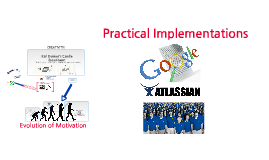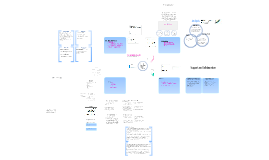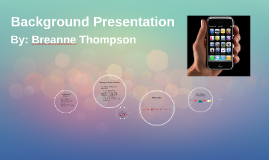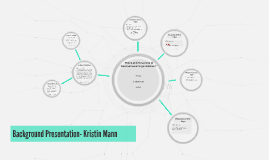Presentation Pink
Transcript: CHEMISTRY: ETHICAL ISSUES OF Electrochemistry IN DAILY LIFE Members Group 3 members DaYAG, AYEKA KYONIE PATOC, MATT ANGELO SIGGAYO, PRINCESS NICOLE ONDIS, OSCAR gIRAO, TRIXIE ANNE SOLIS, BRENT DARENE Contents table of contents Overview 1 Members 2 - 3 Basic Concepts 6 - 31 Applications 32 - 62 History 63 - 76 Issues 79 - 110 Mind Map 111 - 112 Changes & Improvements 77 - 78 112 - 193 Ethical Implication Introduction basic concepts Electrochemistry, a field within chemistry, delves into the exploration of how chemical charges, encompassing electrons, anions and cations move within solutions or alongside surfaces. Early scientists recognized this interconnection. Utilized it to convert chemical energy into electricity. Electrochemistry finds applications in areas such, as energy conversion processes, electrosynthesis techniques, corrosion prevention methods and electroanalysis approaches. These electrochemical processes are used in several industries and are important for processing for the production of several chemicals. ELectrochemical Cells ELectrochemical Cells In the context of electrochemical cells, it is a device that can create electrical energy from chemical processes occurring within it or use electrical energy supplied to it to enhance chemical reactions occurring within it. These gadgets can turn chemical energy into electrical energy and inversely. what is galvanic cells? Galvanic cells It is known as voltaic cells or batteries. They are electrochemical cells that generate electric current from spontaneous redox reactions. A galvanic cell consists of two electrodes (metallic conductors) connected by an external circuit and immersed in electrolytes (solutions that contain ions). The electrode where oxidation occurs is called the anode, and the electrode where reduction occurs is called the cathode. The flow of electrons from the anode to the cathode through the external circuit produces electricity. A salt bridge or a porous membrane is used to maintain electrical neutrality by allowing ions to move between the two electrolytes. WHAT IS Electrolytic cells? electrolytic cells A electrochemical cells that use electric current to drive non-spontaneous redox reactions. An electrolytic cell consists of two electrodes connected to a power source and immersed in an electrolyte. The electrode connected to the positive terminal of the power source is called the anode, and the electrode connected to the negative terminal is called the cathode. The power source provides electrons to the cathode and takes away electrons from the anode, causing reduction and oxidation respectively. Electrolytic cells are used for processes such as electroplating, refining metals, and producing chemicals. Redox reaction REdox Reaction The oxidation-reduction is often known as electron transfer. The oxidation and reduction halves of the reaction are physically separated. The captured oxidation electrons then flow from the anode to the cathode, generating a current electrical energy that may be harvested to do work. The half cell is the side of the cell that contains ions in solution. Chemical reaction The image above is a chemical reaction that produces current. However, in electrolysis, a reaction is driven. When discussing the components of a voltaic cell, we must employ a specific notation by listing the oxidation half cell or anode on the left and cathode on the right. Electric Potential Cell potential An electric potential is formed between two dissimilar metals in conventional electrode potentials. This potential is a measure of the energy per unit charge available to drive the reaction from oxidation/reduction reactions. The cell reaction is typically represented by two half-reactions, an oxidation half-reaction and a reduction half-reaction. The anode's contribution to the cell potential (also known as the electromotive force or emf) is a measure of its ability to lose electrons and is referred to as its "oxidation potential." The cathode makes a contribution dependent on its ability to gain electrons (its "reduction potential"). What is electrochemical sensor? Electrochemical sensors A devices that detect changes in the concentration of a substance by measuring changes in electrical properties. It is used in many applications such as medical diagnostics and environmental monitoring. It detects changes in electrical characteristics caused by chemical reactions. what is corrosion? Corrosion Corrosion can be thought of an electrochemical process in which electrons are transferred between the metal and the electrolyte. The metal acts as an anode, causing oxidation, while the electrolyte acts as a cathode, causing reduction. It also is the study of the chemical and electrochemical processes that cause metals and other materials to deteriorate or degrade in various environments. Corrosion can affect the performance, appearance, and safety of many products and structures, and it can also have environmental and economic impacts.

















